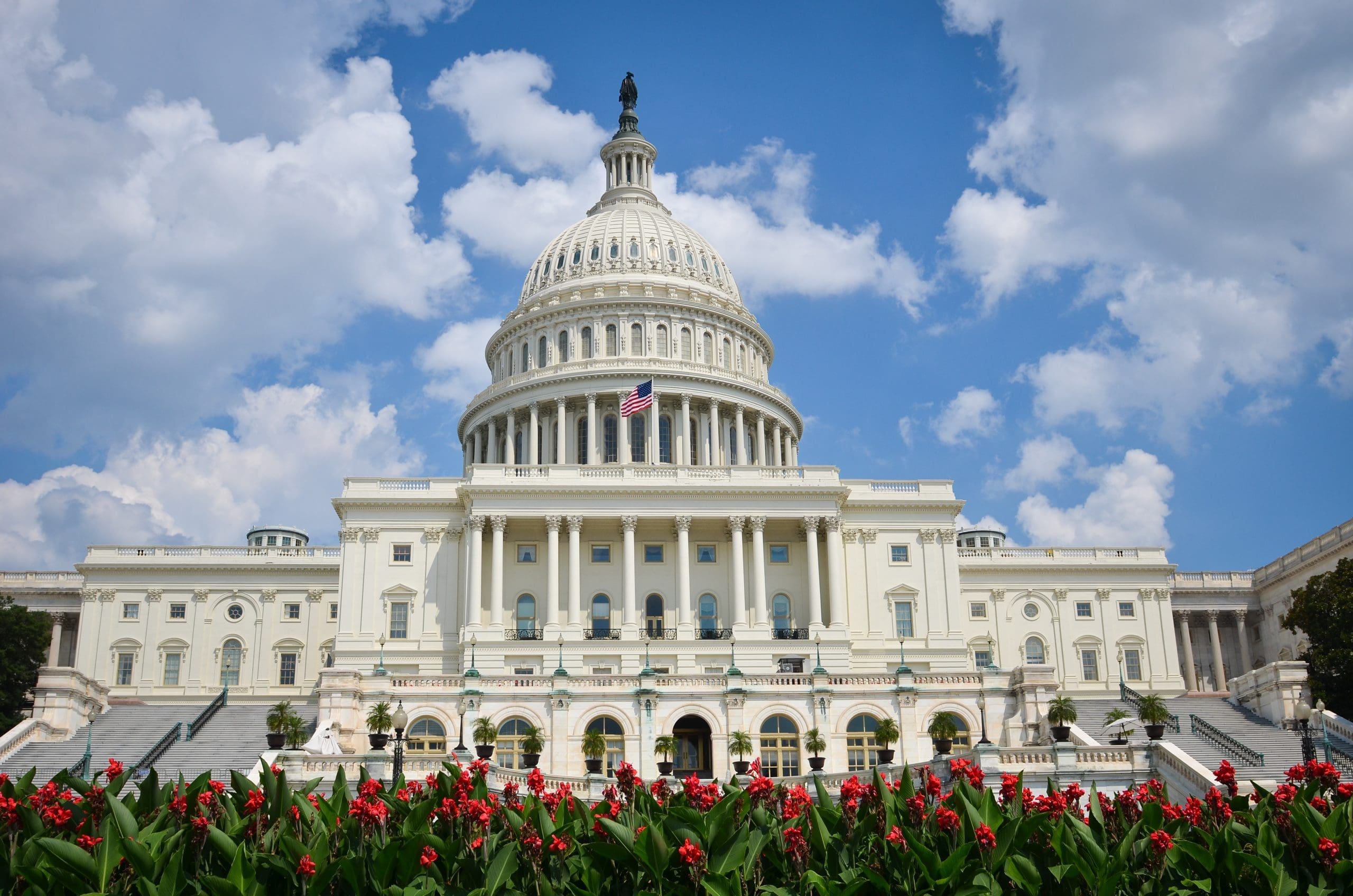Are you prepared for the next 9/11? Or, the next Hurricane Katrina? If not, you need to think about this and make the professional decision to be prepared. In June, the American Nurses Association (ANA) hosted a very successful policy conference, Nursing Care in Life, Death and Disaster, dedicated to examining issues related to the standard of care provided during an extreme disaster.
Registered nurses and other health professionals came together to consider the ethical, legal, and policy implications of conditions that occur during or following a major disaster when there are limited human and material resources to meet the needs of those impacted by that disaster. Conference speakers included a full array of registered nurses and professionals from other health disciplines with direct experience in responding to disasters.
ANA’s goal was to provide a significant opportunity for registered nurses to network, learn, and speak to ANA about an important systemic policy issue within nursing and health policy. As part of the process, ANA continues to work with Dr. Kristine Gebbie, DrPH, RN, Columbia University School of Nursing, Center for Health Policy; Dr. Kathi White, PhD, RN, Johns Hopkins University School of Nursing and Chair of ANA’s Congress on Nursing Practice and Economics; and a multidisciplinary expert panel in developing a draft policy paper that was considered by the conference participants.
The current working title of the policy document is Adapting Standards of Care under Extreme Circumstances: Guidance for Professionals during Disasters, Pandemics and other Extreme Emergencies. As part of the conference, ANA hosted two formal listening sessions for the participants to speak to ANA and the expert panel about the draft document. Participants spoke passionately about the need for more disaster preparedness education, the creation of a better legal environment that will facilitate the use of health professional volunteers, and the development of strategic actions geared toward addressing the significant mental health issues that arise for those impacted by the disaster and for those who respond.
During the conference, the expert panel met to discuss the feedback received. Naturally, what we heard is that there is a lot of work that needs to be done in order to be prepared to respond. Comments made by the conference participants will not only inform the policy document but will also be used to inform the ANA Board of Directors as they consider next steps for ANA.
The conference was not the only opportunity to provide feedback. In August, a revised draft of the policy paper was made available for continued feedback and comment. The expert panel will meet in September to consider this additional feedback and to complete their work on the document. I continue to be overwhelmed by the interest in this project and topic. All the feedback that ANA has received thus far has been extremely helpful and has moved us much closer to a means of developing policy that broadly includes all of nursing. I am particularly appreciative of our partnership with the Centers for Disease Control and Prevention and the Association of State and Territorial Directors of Nurses. This project is also supported by grant number 1 R13 HSO16894 from the Agency for Healthcare Research and Quality.
The final policy document will be available this fall. ANA will be hosting another major policy conference in 2009 on a systemic issue impacting health and nursing. Be on the lookout for the date and place to be announced. It is my hope that everyone will consider joining the ANA leadership, taking a seat at the policy-making table, and strengthening the voice of nursing around nursing issues. ANA wants to hear from you!
Rebecca M. Patton, MSN, RN, CNOR
President
American Nurses Association

















